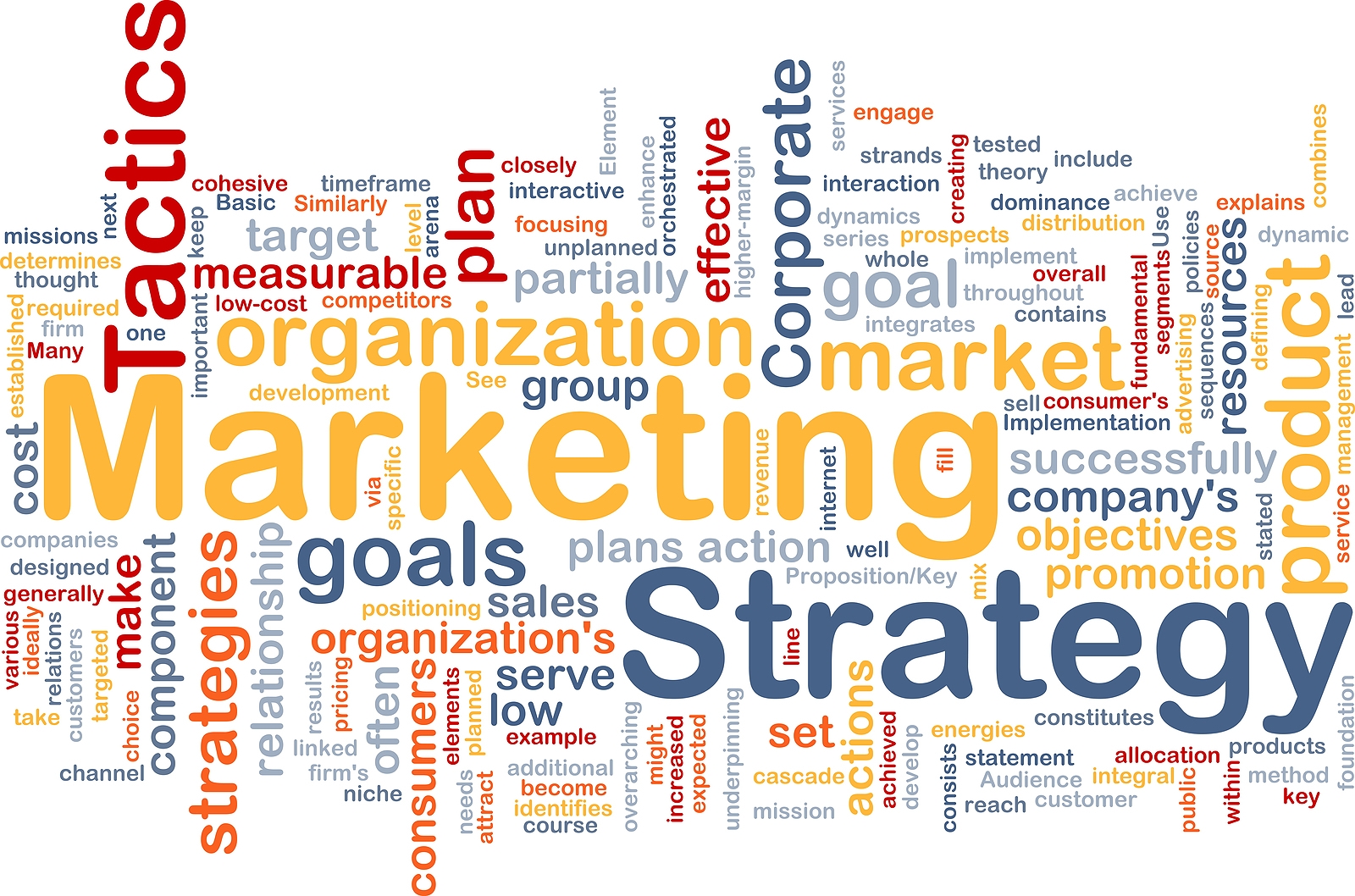
The ECOWAS Common External Tariff (CET) will become operational on July 1, 2015, a shift from January 1, this year, the Ministry of Trade and Industry (MoTI), has said.
The Director for Multilateral, Regional and Bilateral Trade at the ministry, Mr Anthony Nyame-Baafi, who made this known to the GRAPHIC BUSINESS in an interview on April 9, said Cabinet had given its approval and the Ministry of Finance would therefore table the ECOWAS treaty before Parliament in the coming weeks for ratification.
He said Parliament was likely to approve it by the end of June and MoTI had therefore put in place the necessary measures to ensure that the CET took off in July.
“We have had sensitisation programmes with all the stakeholders to ensure that they adjust their systems to take care of the CET. Customs has also trained over a 1000 of their officers and they have assured us there will be no problem come July,” he stated.
He said the country’s inability to start the CET in January would not bring any implications because only eight countries had started implementing.
The CET
The common external tariff regime means that the same tariff will be slapped on an eligible item imported into the ECOWAS sub-region, irrespective of which ECOWAS-member country it lands in.
It is a vehicle to create a customs union as a complementary condition for the creation of a common market for West Africa.
Under the regime, Ghana’s four-band tariff system will expand to become five band, namely basic essential goods; primary raw materials/capital goods; intermediate goods; final consumer goods and specified goods for economic development.
Ghana currently has 6,057 commodity lines on which it applies import duties. This will reduce to 5,899 items when the CET comes into force, an elimination of 168 commodity lines under the regional tariffs.
However, the new system will reduce the 725 commodity lines that attract zero per cent import to 85 lines, while expanding the scope of commodities admitted under the five per cent band from 375 to 2,146.
The CET for ECOWAS was adopted at a Heads of State Summit in October 2013 in Dakar.
Through the CET, the countries of this region are standardising the tariff treatment of goods entering the ECOWAS region, thereby nullifying all domestic national legislations of the ECOWAS member states as well as that of the West African Economic and Monetary Union (WAEMU), mostly French-speaking West African countries.
The CET of ECOWAS is made up of five tariff bands where goods are taxed based on the category they belong. As such, essential social goods (classed in category zero) will attract no tax; while essential commodities, basic raw materials, capital goods, specific inputs, classed in the first category, will be taxed at five per cent with 2146 tariff items.
Inputs and intermediate products (classed in the second category) are taxed at 10 per cent with 1373 tariff lines. Final consumer goods (classed in the third category) and specific goods for economic development (classed in the fourth category) will be taxed at 20 per cent with 2165 tariff lines and 35 per cent with 130 tariff lines respectively.
Source: Graphic



